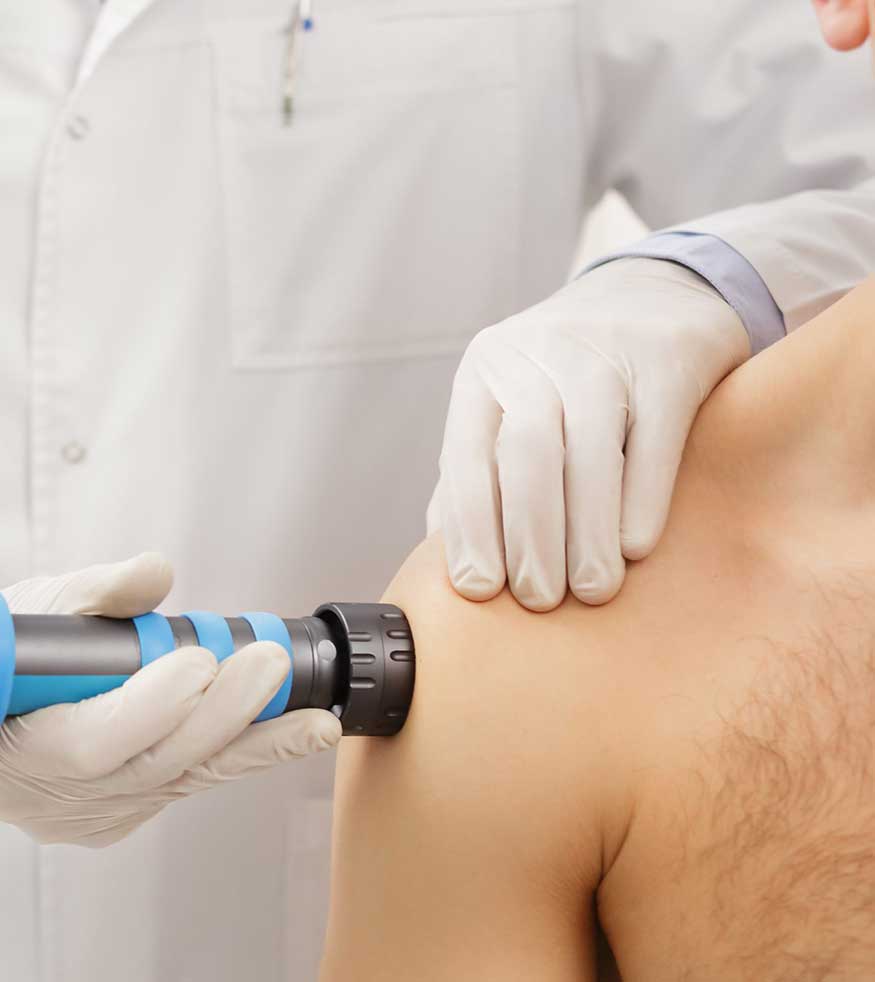
The Right and Advanced Treatment for Frozen Shoulder
Frozen Shoulder, also known as adhesive capsulitis, is a condition characterized by stiffness and pain in the shoulder joint. Over time, the shoulder becomes increasingly difficult to move, impacting daily activities and quality of life. This condition typically develops gradually and can take months or even years to resolve. Early diagnosis and treatment are crucial in managing symptoms and preventing long-term disability.
Frozen Shoulder progresses through three stages, each with distinct symptoms:
- Gradual onset of pain, especially during nighttime.
- Increasing stiffness and difficulty moving the shoulder.
- Pain intensifies with movement and limits the range of motion.
- Pain may diminish but the shoulder remains stiff.
- Difficulty with everyday activities, such as reaching overhead or behind the back.
- Significant reduction in shoulder movement.
- Gradual improvement in the range of motion.
- Decrease in pain.
- Slow return to normal shoulder function.

The exact cause of Frozen Shoulder is not fully understood, but several factors may contribute to its development:

Minimally invasive procedures with lower risk and shorter recovery time compared to surgery.

Enhances the body’s innate ability to heal itself, leading to more sustainable results.

Targets the root cause of pain and inflammation, providing long-term relief.

Accelerates recovery of shoulder function, allowing patients to return to normal activities more quickly.

Choosing the right treatment for Frozen Shoulder is crucial for effective recovery. While conventional treatments can provide relief, regenerative treatments offer a revolutionary approach to healing by harnessing the body’s own regenerative capabilities. Consult with our specialists to determine the best treatment plan tailored to your needs and start your journey toward pain-free mobility.